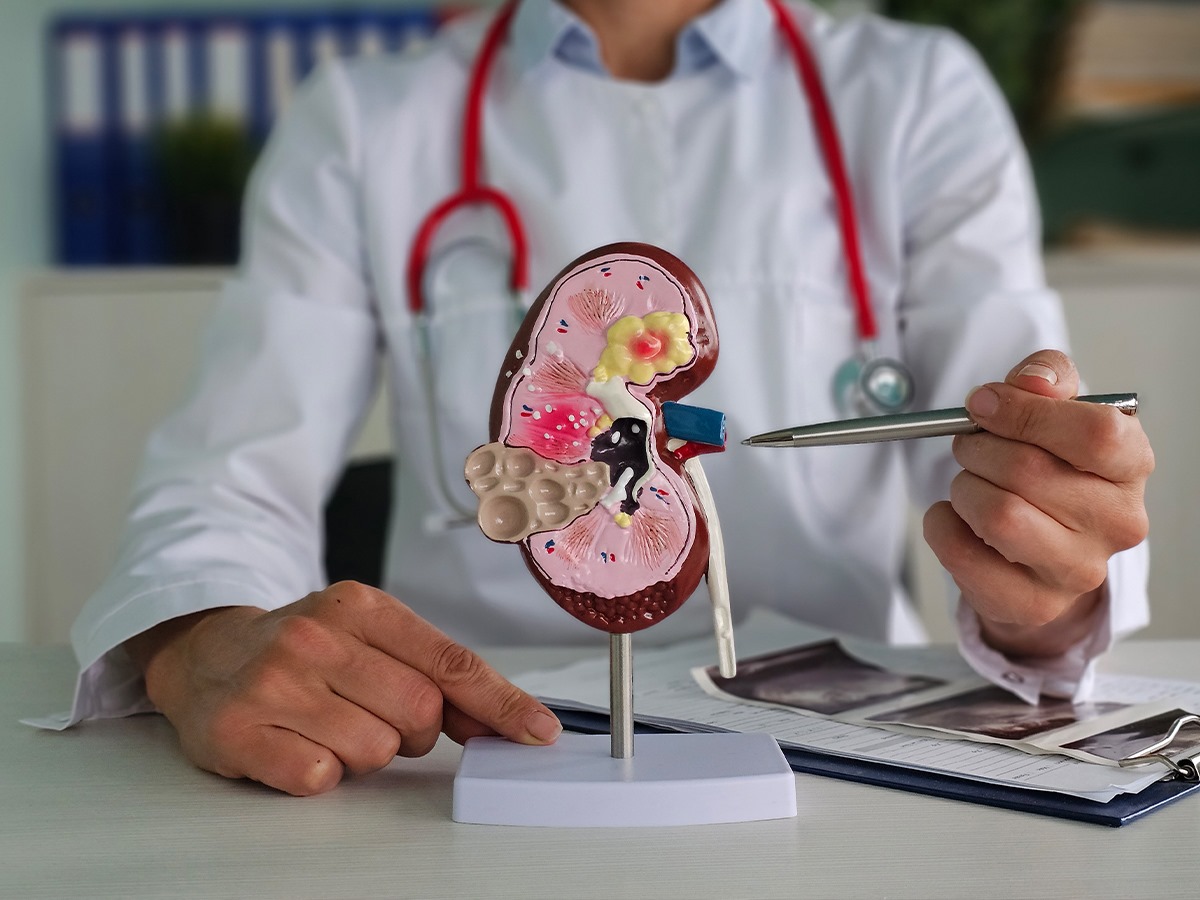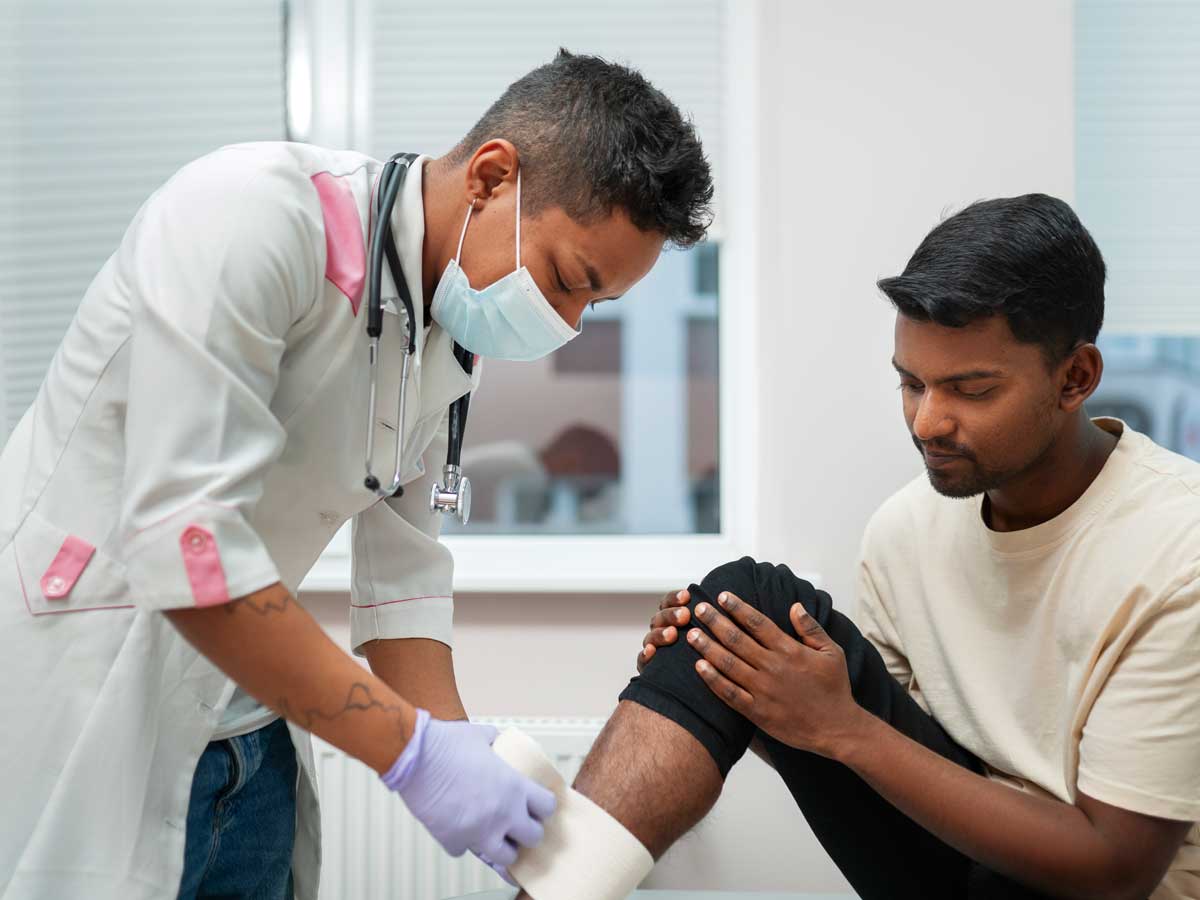
Understanding Kidney Stone Removal: A Modern Urological Breakthrough
Kidney stones are one of the most painful urological conditions affecting millions each year. Once requiring invasive surgeries, treatment has now evolved with minimally invasive techniques. Patients benefit from quicker recovery, less pain, and excellent outcomes—thanks to innovations in urology.
At MOH Ludhiana, advanced kidney stone removal techniques are performed by experienced specialists using the latest technology to ensure safety and effectiveness.
What This Guide Covers
- What Are Kidney Stones: Causes and symptoms explained.
- Modern Techniques: Why minimally invasive methods are preferred today.
- Treatment Options: Overview of advanced removal techniques.
- Emerging Innovations: Technologies shaping the future of treatment.
- Why Choose MOH Ludhiana: Expertise and care in every step.
This guide helps you understand your options and why MOH is a trusted name in kidney stone treatment.
Understanding Kidney Stones
What Are Kidney Stones?
Hard mineral and salt deposits formed inside the kidneys due to concentrated urine that crystallizes substances like calcium, oxalate, and uric acid.
- Severe pain in the back or side
- Blood in urine
- Nausea and vomiting
- Frequent urination
- Burning while urinating
- Fever or chills (if infection is present)
Why Minimally Invasive Methods Are Preferred
Traditional open surgery had longer recovery times and more risks. Modern approaches are safer and more efficient:
- Less pain
- Minimal scarring
- Faster recovery
- Shorter hospital stays
- Lower risk of infection
- High success rates
Advanced Techniques for Kidney Stone Removal
- Extracorporeal Shock Wave Lithotripsy (ESWL): Non-invasive shock waves break stones into small fragments that pass naturally.
- Ureteroscopy (URS) with Laser Lithotripsy: A scope and laser are used to break and remove stones via the urinary tract—no incisions needed.
- Percutaneous Nephrolithotomy (PCNL): Ideal for large stones, involving a small incision to insert tools and remove stones directly.
- Retrograde Intrarenal Surgery (RIRS): Uses a flexible scope through the urinary tract to fragment stones inside the kidney—no cuts involved.
- Laparoscopic Stone Removal: Rarely used, but helpful in complex anatomical cases where endoscopy isn’t possible.
Emerging Technologies and Innovations
New tools are reshaping kidney stone care:
- Thulium Fiber Laser (TFL): Produces finer dust, more efficient stone breakdown.
- Suction-Enhanced Lithotripsy: Faster fragment removal, lower infection risk.
- AR & AI Assistance: Improved visualization and targeting during procedures.
Why Choose MOH Ludhiana for Kidney Stone Removal?
MOH offers top-tier urological care through:
- Experienced Urologists: Specialists in all minimally invasive procedures.
- Advanced Facilities: Equipped with modern laser, imaging, and recovery tech.
- Personalized Treatment Plans: Tailored based on stone type, health, and lifestyle.
- Comprehensive Diagnostics: Imaging, lab tests, and stone analysis for accurate care.
- Prevention-Focused Approach: Post-treatment care to reduce recurrence risk.
Real Stories, Real Results
Mr. Singh, 52: Suffered from recurring stones. MOH’s laser ureteroscopy removed multiple stones in one session. He resumed work in 3 days.
Mrs. Sharma, 39: Large staghorn stone treated via mini-PCNL. She experienced minimal discomfort and was discharged within 48 hours.
Patient Journey at MOH: Step-by-Step
- Consultation: Meet with a urology expert for evaluation and planning.
- Diagnostics: Imaging and labs to determine the stone type and location.
- Procedure: Minimally invasive treatment tailored to your case.
- Recovery: Monitoring and pain management for safe healing.
- Follow-Up: Guidance to prevent recurrence and support long-term health.
Safety and Comfort in Focus
All procedures at MOH are performed in sterile environments, under expert supervision, using anesthesia for comfort. Recovery rooms and dedicated care teams ensure a smooth experience.
Why MOH Is the Right Choice for Urology in Ludhiana
- Cutting-edge technology for stone removal
- Renowned urology specialists
- High success rates and low complication risks
- Complete urological care under one roof
- Patient-first approach with long-term support
Frequently Asked Questions
Q1. Are these procedures painful?
No. Most are painless, performed under anesthesia, and cause minimal post-op discomfort.
Q2. Will I need hospitalization?
ESWL and URS are usually outpatient. PCNL may require a short hospital stay of 1–2 days.
Q3. How soon can I return to work?
Most patients return within 3–7 days depending on the procedure.
Q4. Do I need to change my diet?
Yes. Reducing salt, oxalates, and increasing water intake helps prevent recurrence.
Q5. Can stones come back?
Yes. MOH provides counseling and preventive care to minimize future risk.
Conclusion
Minimally invasive methods have completely transformed how kidney stones are treated today. From shock wave therapies to laser-guided scopes and mini-PCNL, patients now have access to procedures that are safe, effective, and highly convenient.
If you or a loved one is suffering from kidney stones, MOH Ludhiana can help you with advanced technology, expert doctors, and a compassionate care team committed to restoring your health. Don’t let the pain of kidney stones disrupt your life — seek the best treatment and reclaim your well-being with confidence.








